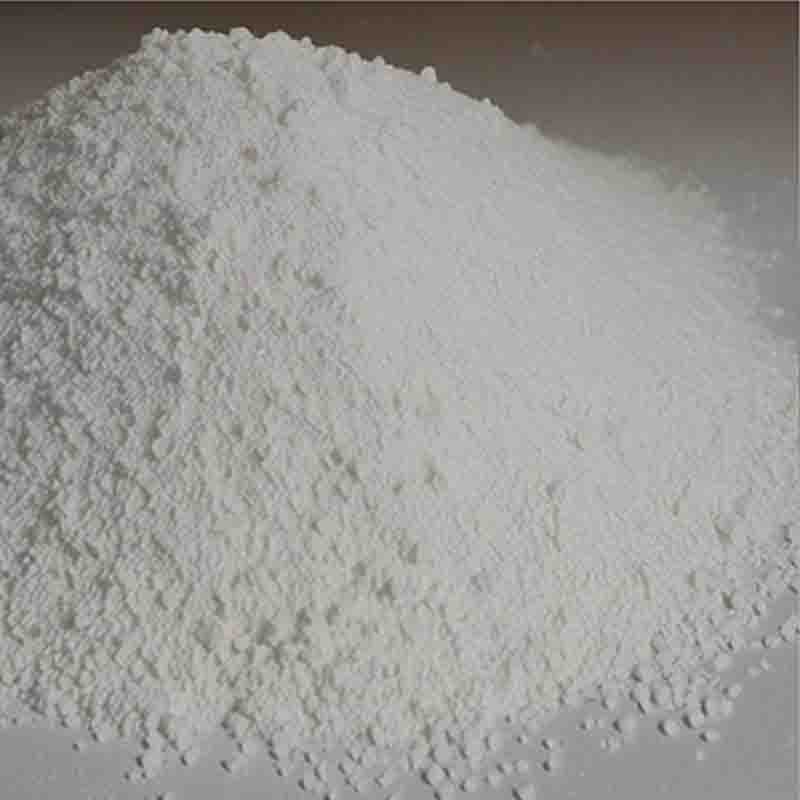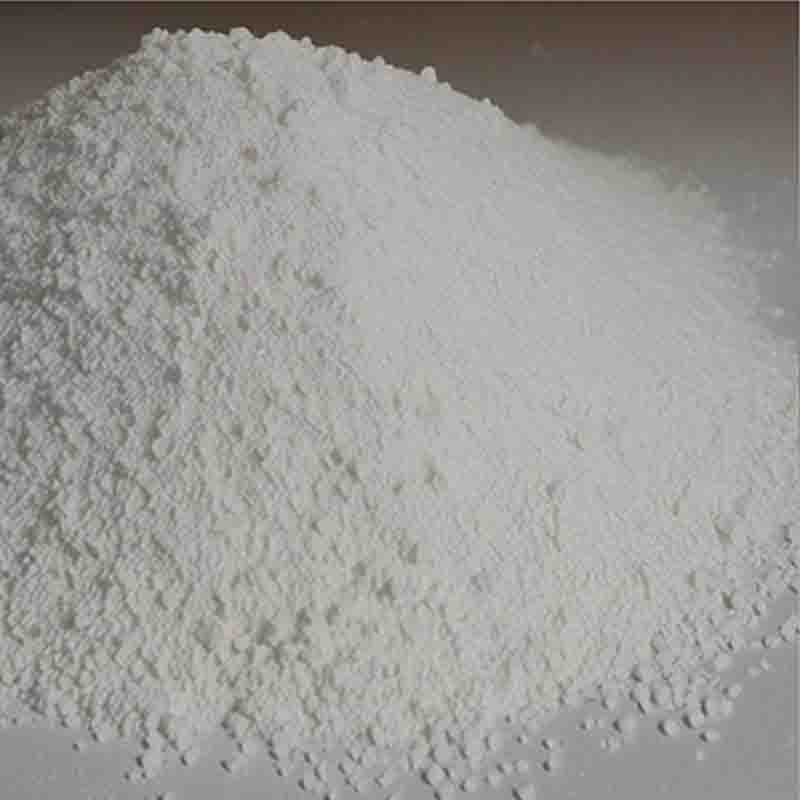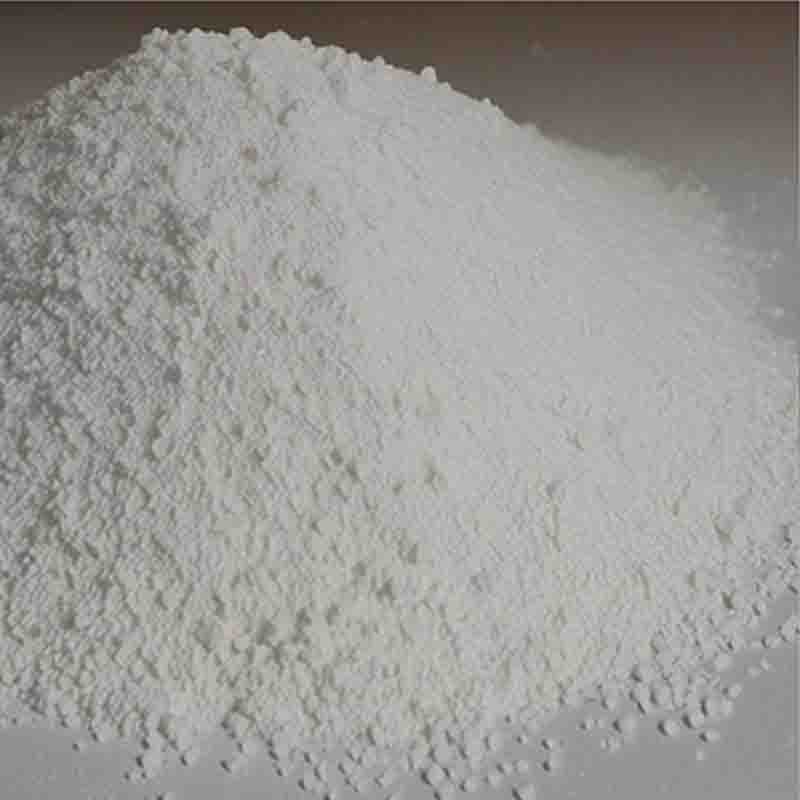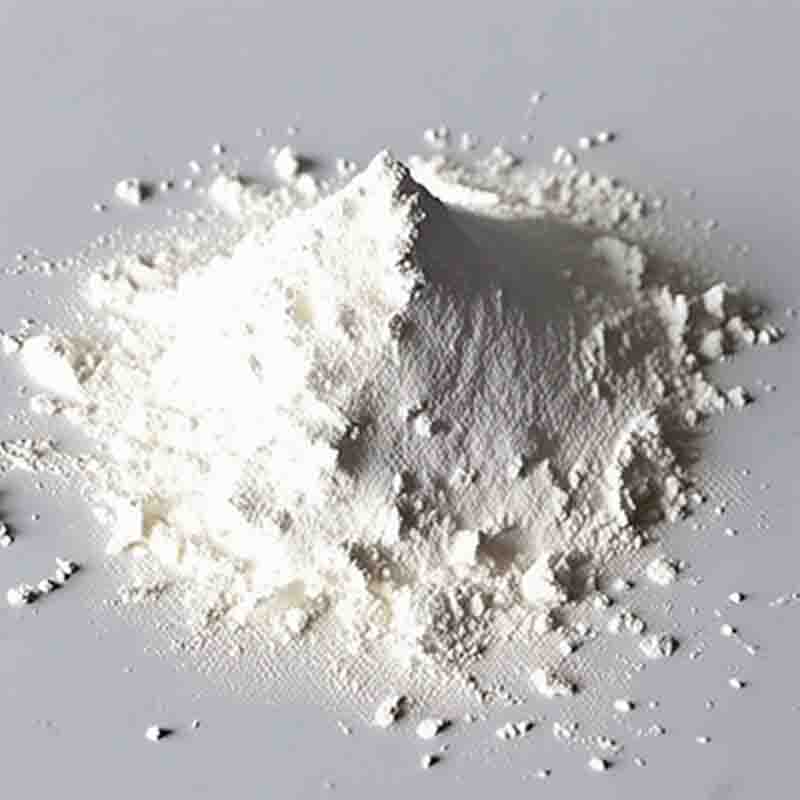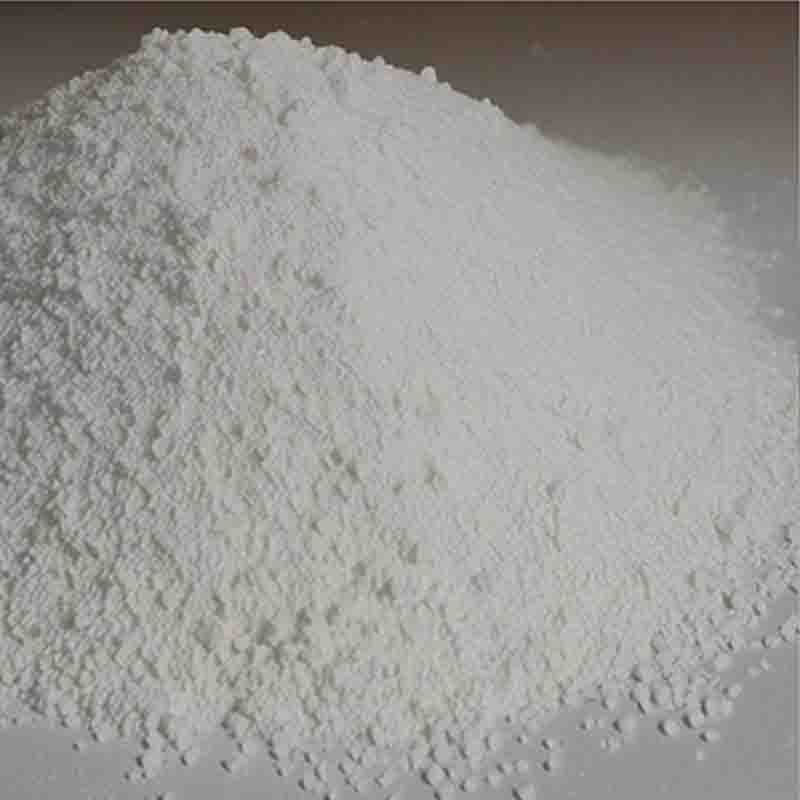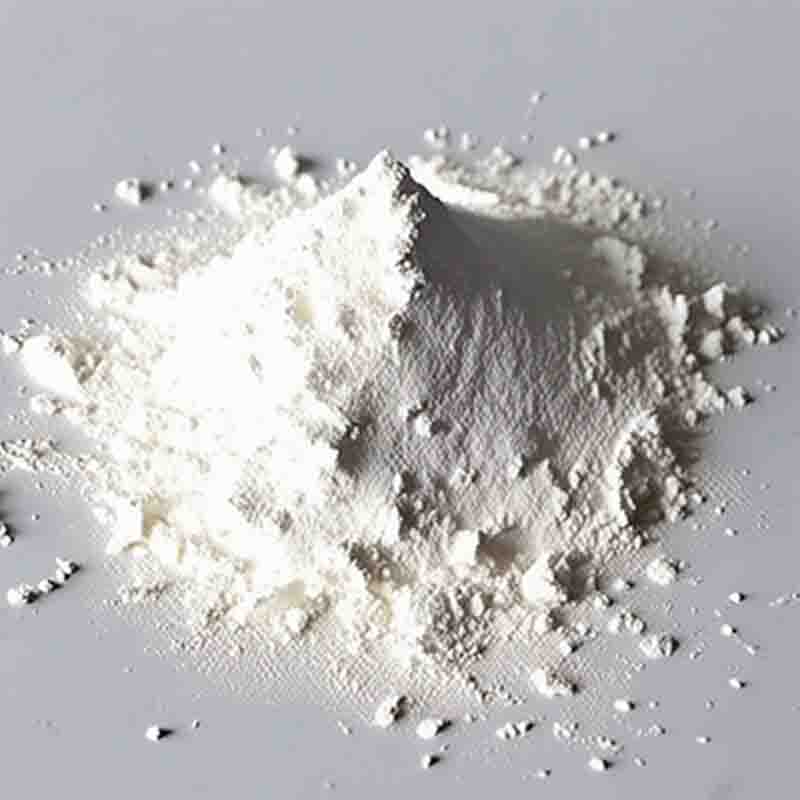3-Dimethylaminopropylchloridehydrochloride CAS:5407-04-5
| Catalog Number | XD95363 |
| Product Name | 3-Dimethylaminopropylchloridehydrochloride |
| CAS | 5407-04-5 |
| Molecular Formula | C5H13Cl2N |
| Molecular Weight | 158.07 |
| Storage Details | Ambient |
Product Specification
| Appearance | White powder |
| Assay | 99% min |
3-Dimethylaminopropylchloridehydrochloride, also known as DMPC, is a commonly used reagent in organic and pharmaceutical chemistry. This compound is a quaternary ammonium salt and has various effects and applications.One of the key effects of DMPC is its reactivity as a nucleophilic agent. The presence of the chloro group (Cl) makes it highly reactive towards electrophilic species. DMPC can undergo nucleophilic substitution reactions, where it acts as a donor of the dimethylamino propyl group (CH3)2NCH2CH2CH2-. This reactivity allows for the introduction of the dimethylamino propyl group into different molecules, resulting in the synthesis of various derivatives. These derivatives can have potential applications as pharmaceuticals, surfactants, catalysts, or other functional materials.DMPC also exhibits a strong basicity due to the presence of the quaternary ammonium group. This property makes it useful as a base in organic reactions. It can act as a catalyst or a reactant in a variety of reactions, such as Michael additions, Aldol condensations, or Mannich reactions. The basicity of DMPC makes it a versatile reagent in organic synthesis, allowing for the formation of complex molecules with specific functionalities.Another effect of DMPC is its role as a phase-transfer catalyst. Due to its ionic nature and hydrophobic properties, DMPC can effectively facilitate the transfer of reactants between immiscible phases, such as between water and an organic solvent. This property enables the reaction of compounds that do not readily mix and increases the efficiency of the reaction process. The use of DMPC as a phase-transfer catalyst has applications in various organic transformations, including the synthesis of pharmaceutical intermediates and natural product derivatives.Furthermore, DMPC has been reported to possess antimicrobial properties. Its cationic nature allows it to interact with negatively charged bacterial cell membranes, leading to disruption and ultimately, cell death. This antimicrobial effect makes DMPC useful in the development of antimicrobial agents or disinfectants, offering potential solutions for combating microbial infections.In summary, 3-Dimethylaminopropylchloridehydrochloride (DMPC) displays several effects and applications in organic and pharmaceutical chemistry. Its reactivity as a nucleophile, strong basicity, phase-transfer catalysis ability, and antimicrobial properties provide opportunities for its use in the synthesis of diverse compounds, as well as in catalysis and antimicrobial applications. DMPC's versatile nature and wide-ranging effects make it a valuable reagent in various chemical and biological fields.


